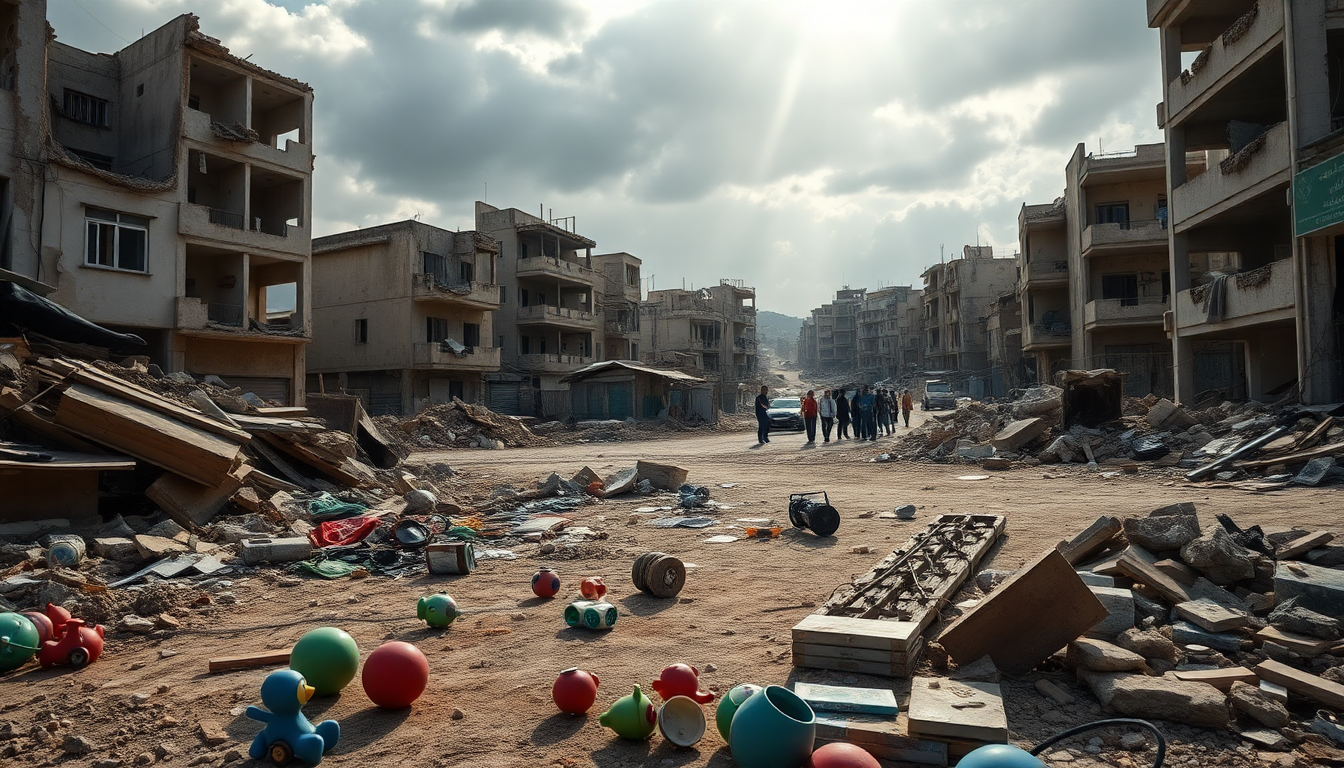Table of Contents
The humanitarian crisis in Gaza has reached alarming levels, grabbing global attention and sparking deep concern. As families search desperately for their loved ones amidst the chaos, tragic reports of loss continue to emerge. In this article, we’ll explore the critical events unfolding in Gaza, shedding light on the human stories behind the headlines and examining how the international community is responding.
The Heart-Wrenching Reality in Gaza
As the conflict escalates, the humanitarian situation in Gaza becomes increasingly dire. Civilians are bearing the brunt of the violence, with the death toll rising and infrastructure crumbling around them. Have you ever imagined living in a place where basic necessities like food, water, and medical supplies are scarce? Many families are facing this grim reality, and the urgency for aid has never been greater.
Heartbreaking videos and testimonies from the ground reveal the pain and suffering many endure. Take, for example, the family of a young boy who tragically lost his life at an aid site. His relatives are left desperately searching for his body, a sorrowful reminder that these aren’t just numbers on a page—they are real lives forever changed by conflict.
How can we even begin to comprehend the grief these families are experiencing?
Moreover, international organizations are sounding alarms about the growing threat of famine and health crises. With starvation claiming more lives, urgent action is needed to meet the humanitarian needs of the population.
But how responsive has the global community been? While some countries are ramping up their aid efforts, others remain eerily silent, leaving many to wonder if enough is being done.
Global Reactions and Aid Efforts
The international community’s reaction to the crisis in Gaza has been a mix of condemnation and calls for action.
Prominent figures, including the US special envoy, have visited aid sites to assess the situation and advocate for increased assistance. But are these efforts truly effective? Many aid organizations find themselves struggling to deliver support amidst the ongoing conflict, raising questions about how to best aid those in need.
Security issues complicate aid delivery further. Whistleblowers, including former guards at aid sites, have raised concerns about the integrity and safety of humanitarian efforts. In a volatile environment, how do we ensure that aid reaches those who desperately need it? These challenges highlight the tough terrain that organizations must navigate to operate effectively.
The media’s portrayal of the conflict also plays a significant role in shaping public perception. Graphic footage of emaciated captives has sparked outrage and ignited conversations about the ethics of warfare and media representation. As the global audience grapples with these harsh realities, how do we reconcile the narratives we see with the actual experiences of those affected?
What Lies Ahead for Gaza?
As the crisis unfolds, many are left wondering: what does the future hold for Gaza? The path to recovery will undoubtedly be fraught with challenges, but there is hope that international pressure can pave the way for a ceasefire and renewed peace efforts. Analysts are cautiously optimistic that sustained advocacy for humanitarian aid will lead to positive outcomes. But can we truly count on that?
Dialogue and negotiation are essential for a lasting resolution to the conflict. All parties involved must be willing to engage in meaningful discussions that prioritize the well-being of civilians. The role of the global community in facilitating these conversations cannot be understated. How can we ensure that the voices of those most affected are truly heard?
In conclusion, the crisis in Gaza is a complex and evolving situation that demands the attention of the international community. As we navigate these turbulent waters, it is crucial to keep the focus on the human stories behind the headlines, advocating for those who have suffered greatly in the face of conflict. What can you do to raise awareness and support those in need?





